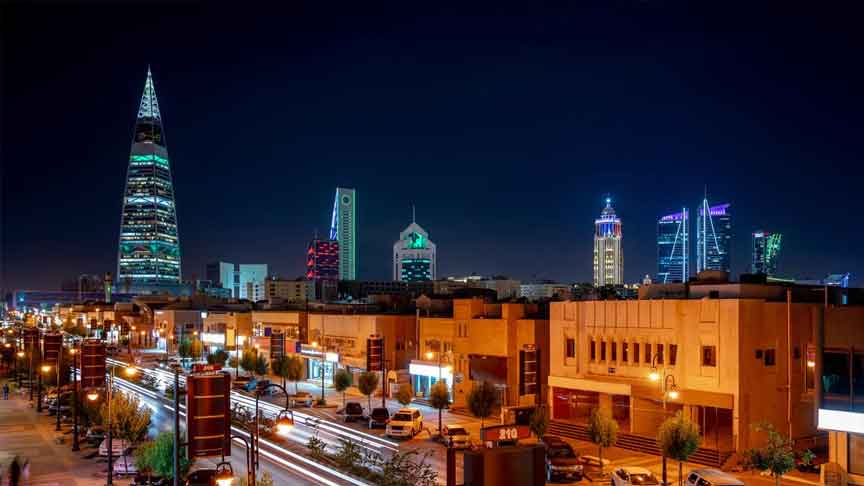
In a move that has stunned the world, Saudi Arabia is preparing to legalize limited alcohol consumption from 2026, breaking a 74-year-old ban. The plan is part of Crown Prince Mohammed bin Salman’s Vision 2030, aiming to reshape the Kingdom’s global image and boost its economy through tourism and international events like Expo 2030 and FIFA World Cup 2034.
The new system will license around 600 select venues—including five-star hotels, resorts, and diplomatic zones—where alcohol such as beer, wine, and cider will be served under strict regulations. However, high-alcohol spirits will remain banned.
“Spirits are still off the table,” officials clarified, emphasizing that the move is not a blanket legalization but a tightly controlled policy targeting international visitors and expatriates.
Also read: Kuwait resumes visas for Pakistanis: Major job opportunities set to open now!
Alcohol sales in public places, homes, and shops will still be forbidden. Only trained and licensed personnel at designated venues will be permitted to serve alcohol, and all operations will follow strict protocols.
Tourism hotspots like NEOM, Sindalah Island, and the Red Sea Project are expected to be among the first to implement the new rules. Officials stress this is a carefully crafted reform to maintain Saudi culture while opening new economic doors.
This policy shift is expected to boost job creation, attract global hospitality investors, and reshape the country’s entertainment and event-hosting capacities.
However, authorities are clear—this isn’t a free-for-all. Any violations of the regulations will invite strict penalties. “Cultural respect and public order remain our top priorities,” one official stated.
Saudi Arabia’s alcohol policy shift represents more than a change in consumption laws—it’s a signal of deeper economic and social transformation. While aimed at foreign visitors, this decision walks a fine line between modernity and tradition. It could boost global investor confidence, but balancing reform with public sentiment will be critical. The world is watching how the Kingdom manages this delicate evolution.


